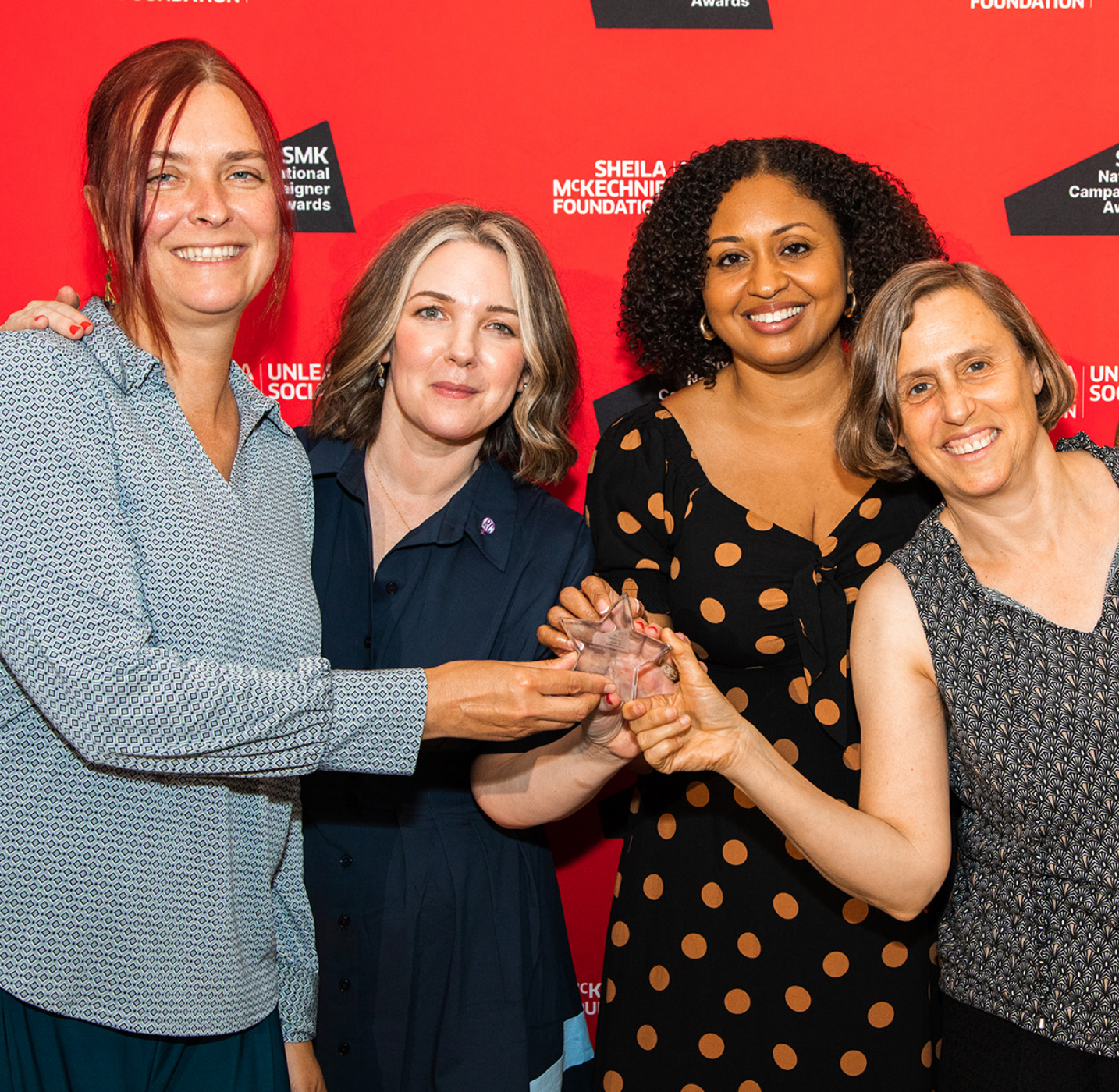 09 Jul
09 Jul
(9 May 2019) Last week there was widespread fury at the news that police are now commonly asking women reporting rape to sign over their mobile phones for detailed examination. This move seems a throwback to the days when a woman’s character and sexual history were actually what was on trial if she alleged rape.
We have a scandalously bad response to rape in this country. Government statistics estimates that around 92,000 adult women and 8,500 men are raped annually (ONS, 2018), making rape a very common crime. But prosecutions are static at around 3-4,000, thousands of cases are “no further action-ed” by the police every year, and conviction rates in court are lower than for other crimes. And this is all at a time when actual reports to the police are rocketing as more survivors than ever before seek justice.
Why is the response to rape so bad and what should the Government’s Rape Review, which meets with women’s groups today do about it?
Public opinion surveys consistently find around a quarter to a third of people have sceptical attitudes towards what constitutes “real rape”. They are unsure and doubtful as to whether rape can have occurred if there was no physical violence, if there had been flirting beforehand, if a woman changes her mind, and in long-term relationships. People are also likely to doubt allegations when alcohol is involved, and even doubt allegations when a defendant is deemed to be physically attractive and when a rape complainant is not. There are widely held, deep prejudices about what constitutes “real rape” before we put it to the “beyond reasonable doubt” test in the courtroom.
And, our adversarial legal system basically incentivises the defence to turn “acquaintance rape” trials in particular into a test of victim credibility, character and yes, her sexual history and preferences. Myths about “real rape” can be weaponised in the courtroom. It is this which may be creating a vicious feedback loop where those building rape cases beforehand, including police and prosecutors, are anticipating some of these attitudes and verdicts they have previously observed, and allowing them to affect whether and how they build a case, as to an actual evidence-based test of the law.
Now that the Government has acknowledged there is a serious problem with rape justice outcomes, the Rape Review is a chance to consider some radical changes. We believe there are several practical changes which could improve survivors’ experience of seeking justice:
*A guaranteed special advocate for every survivor, to help them understand and navigate the system, is a critical first step;
*And, we need a new and absolute ban on sexual history evidence which is fit for the digital age, and is regularly reviewed for its effectiveness.
*Disclosure rules related to the examination of phones, as well as medical and other private records, need to consider victims’ privacy and be reasonable about what is sought, and when and how, perhaps incorporating legal representation for the victim or judicial oversight.
*We should also review the rules on cross-examination in rape cases, because many women are subjected to what amounts to “inhuman and degrading treatment” (a human rights violation) in the witness box.
*There should be regular review of whether there are equal outcomes for those reporting rape regardless of gender, ethnicity, disability, social background and age.
*We need to look at police and prosecution service leadership and strategy on rape, which has been arguably defensive and low powered in recent years, failing for example to protect specialism around rape investigations and case-building.
*And, during this Review, we must not be afraid of asking the question of whether juries are fit for trying rape and delivering justice – because there are alternatives, and not all trials in this country use a jury. Rape is unlike most other crimes in its nature, in the kind of evidence needed to prove it, in the gap between public opinion and the law, and also in the individual and social harm it does. But we squeeze it into an adversarial contest it is arguably unfit for.
More broadly, and outside the police station and the courtroom, we need a bigger public conversation about the nature of this crime, the harm it does and what would actually prevent and deter it. We need to look at how we disrupt offenders, from risk orders through to our protections for children and vulnerable adults.
And, most important of all, we need to listen to what survivors say they want, because before any attempt at the justice system, many are actually seeking recognition of what happened to them from family and friends, and counselling services, which are often unavailable due to long and even closed waiting-lists.
Recommended ARTICLES
 09 Jul
09 Jul
 20 Jun
20 Jun
 19 Jun
19 Jun

